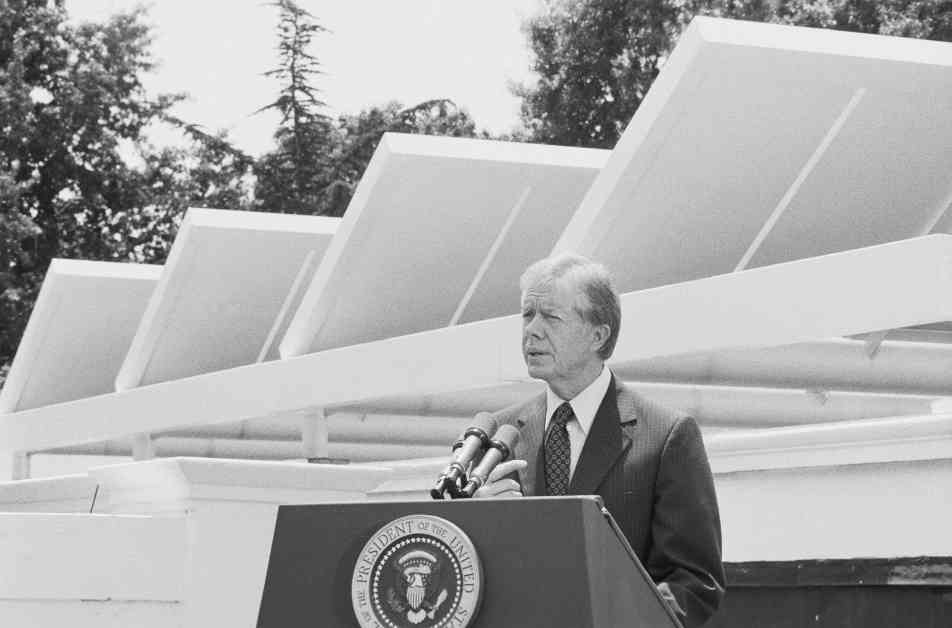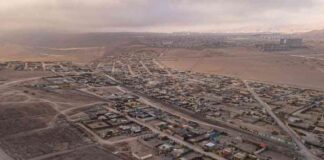The Influence of Energy on American Politics: A Look Back at Jimmy Carter’s Impact
In 1981, a pivotal moment in American history unfolded as a Democratic president, Jimmy Carter, left the White House after one term. His presidency was marked by a strong focus on energy policy, an issue that still resonates today. As the nation mourns the passing of Jimmy Carter at the age of 100, it is crucial to reflect on his profound influence on shaping the world we live in, where energy plays a central role in American politics.
Jimmy Carter’s Energy Legacy
Jimmy Carter made energy reform a top priority from the moment he took office, setting the stage for a transformative era in American politics. His commitment to energy policy was evident in both symbolism and substance. Carter famously installed solar panels on the White House roof, created the Department of Energy, and allocated record funding for energy research and development. His energy policy aimed to reduce the nation’s dependence on foreign oil and overall energy consumption, setting the tone for future energy initiatives.
The 1970s Energy Crisis
The 1970s marked a tumultuous period when the Organization of Arab Petroleum Exporting Countries imposed an oil embargo, leading to skyrocketing gas prices, long lines at gas stations, and a period of economic stagflation. This crisis highlighted the vulnerabilities of the U.S. energy system and underscored the need for a comprehensive energy strategy.
Carter’s Political Challenges
Despite Carter’s efforts to address the energy crisis, he faced political obstacles, including a divided Democratic Party and opposition from the oil industry and free-market advocates. Carter’s call for energy conservation and sacrifice clashed with the vision of unlimited growth and consumption promoted by his opponents, setting the stage for a political showdown.
Carter’s Enduring Legacy
While Carter’s presidency ultimately ended amid economic challenges and geopolitical turmoil, his energy policies laid the groundwork for future innovations in energy technology. Carter’s investments in energy research and development paved the way for breakthroughs like hydraulic fracking and solar energy, shaping the future of the energy landscape.
Looking Ahead
As the world grapples with pressing issues like climate change and energy security, Carter’s legacy serves as a reminder of the importance of sustainable energy practices and conservation. The debates and challenges that Carter faced in the 1970s continue to resonate today, underscoring the need for a balanced approach to energy policy that considers both economic growth and environmental sustainability.
Carter’s story is a testament to the complexities of energy politics and the enduring impact of his visionary policies. As we reflect on his legacy, we are reminded of the ongoing need to address energy challenges with a sense of urgency and foresight. The lessons learned from Carter’s presidency continue to inform current energy debates and shape the future of American politics.














